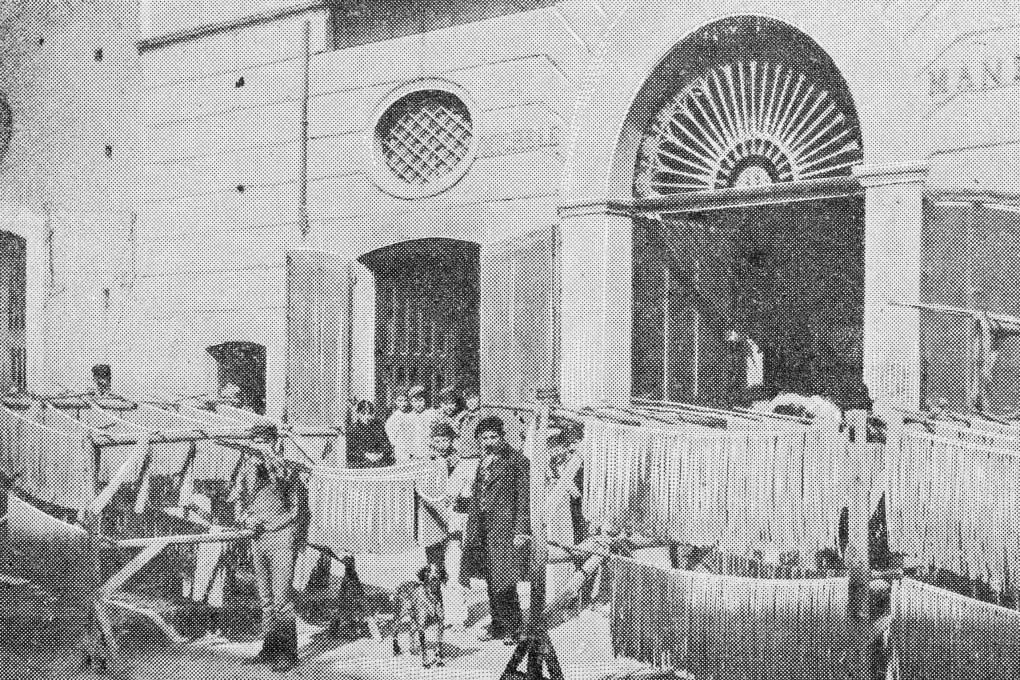Advertisement
Chinese noodles not the inspiration for pasta, historians say, its roots are in ancient Greece – and they have the texts to prove it
- The legend that pasta was inspired by Chinese noodles brought to Europe by Marco Polo in the 13th century has been widely believed
- However, food historians say the ancient Greeks invented pasta, ancient Rome adopted it from them, and medieval Arab traders may have pioneered dry pasta
Reading Time:5 minutes
Why you can trust SCMP
34

Pasta is Italy’s staple food, but it’s not only Italians who indulge in platefuls of the doughy concoction every day. People all over the world adore it.
Advertisement
It comes in more than 300 shapes: long, as in spaghetti; flat, as in fettuccine; hollow (bucatini); short, as in penne; the butterfly-shaped farfalle and ear-shaped orecchiette; tubular (rigatoni); and stuffed, in varieties such as tortellini and ravioli.
It can be bought dry or freshly made from egg-based dough. World Pasta Day, held each October, celebrates the universal love of this staple of the Mediterranean diet.
But who invented pasta? Legend has it that spaghetti is descended from noodles, based on the premise that Venetian nobleman and merchant Marco Polo imported long, worm-like strands of the latter to Italy from China in the late 13th century.

Advertisement
To many, though, the Chinese origins of Italian pasta are a myth.
It is true that Marco Polo did spend several years in China, learning the country’s traditions and culture, and he may have brought Chinese noodles and other foods back from his journeys.

Advertisement